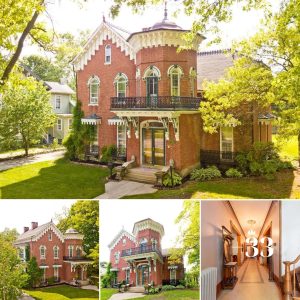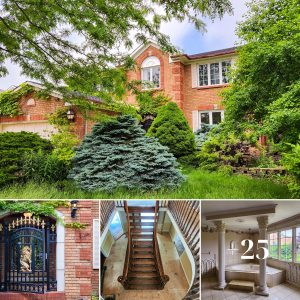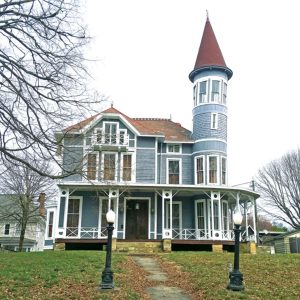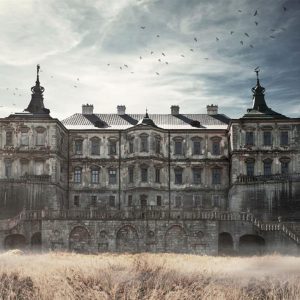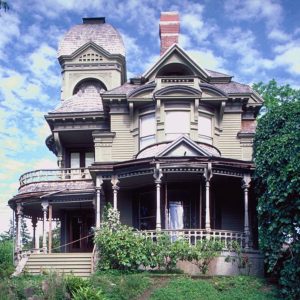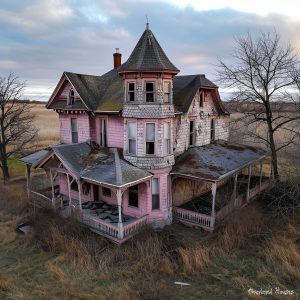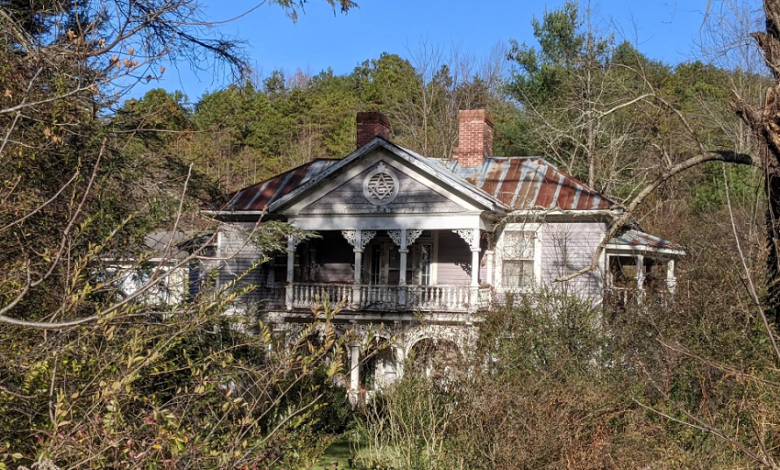
Meet the ‘Gingerbread House,’ a captivating historic residence in Western North Carolina that has earned its moniker from locals due to its whimsical and intricate woodwork. Despite being a longstanding local landmark, this house currently stands vacant. Let me take you on a journey into its history.The White House, affectionately known as ‘The Gingerbread House,’ is thought to have been constructed in the 1880s by James Jefferson “Jeff” White. In 1881, he acquired 141 acres from Hiram Buckner for $1,750, and on a portion of this land, he erected this expansive home. According to the 1880 Census, White was primarily a farmer, but he also held roles as the Sheriff and Clerk of the Courts of Madison County, NC from 1883 to 1890. The intricate details of the ‘Gingerbread House’ make it a standout piece of Western North Carolina’s architectural history.
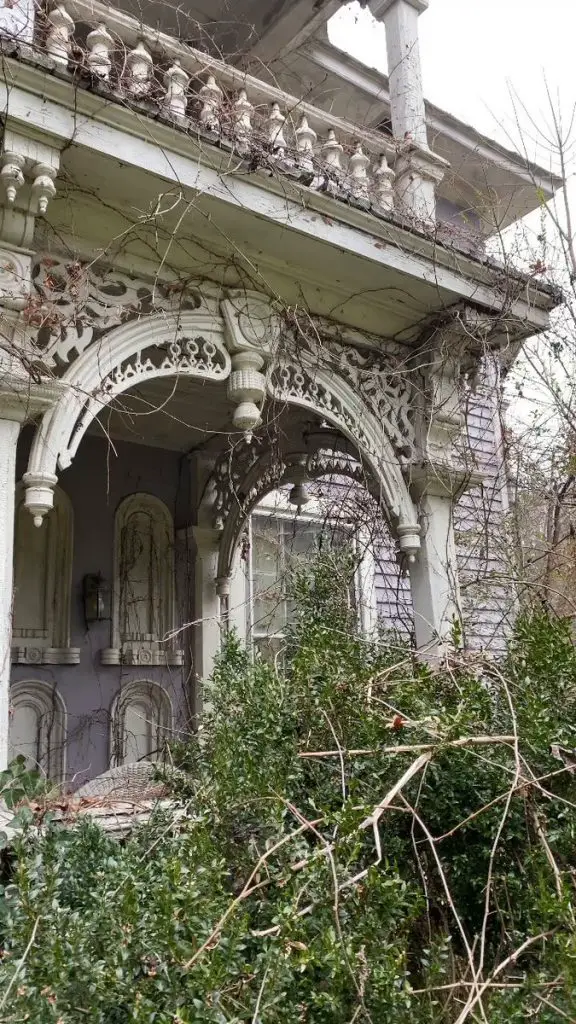
As documented in the National Register of Historic Places application, the ‘White House’ is described as a conventional late nineteenth-century two-story, three-bay frame house featuring a hip roof. What elevates this residence to an extraordinary level is its exceptional use of imaginative wooden ornamentation, quite possibly unmatched in the state. The front porch, in particular, commands attention as it dominates the front facade, adorned with opulent, lace-like detailing, especially prominent on the first level.
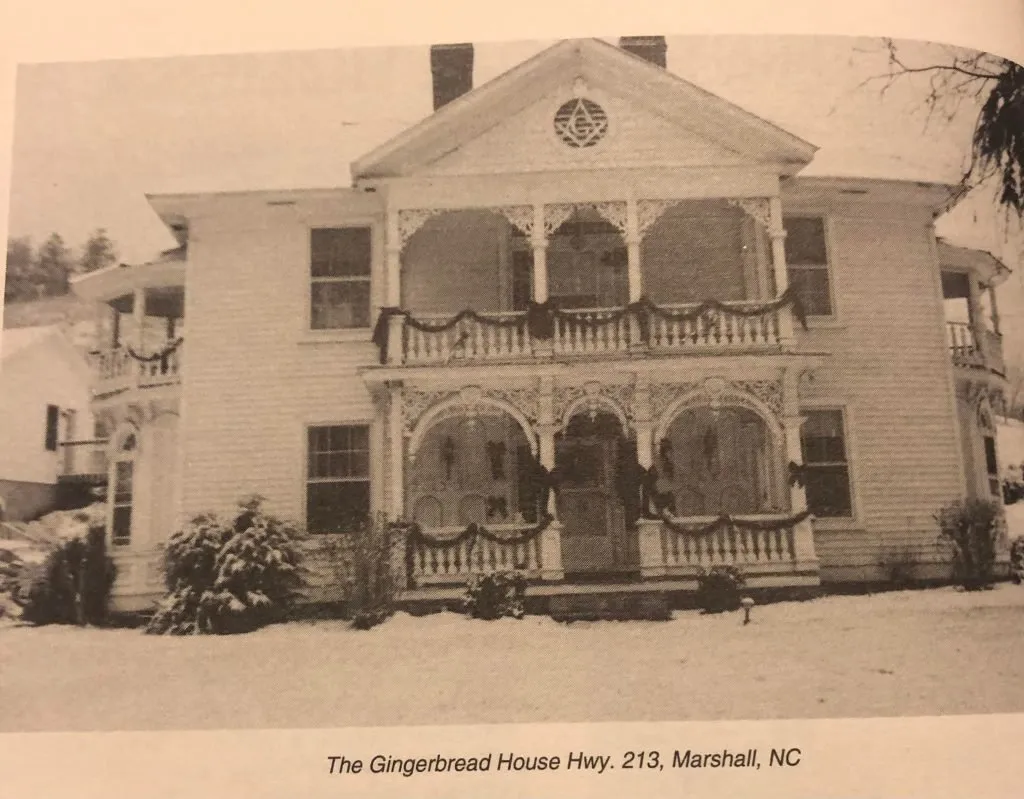
According to family tales, the construction of this house was an impressive feat, involving eight men who dedicated three years to building it. The timber used was sourced from White’s own acreage, and the construction is believed to have been overseen by J.M. Campbell of Asheville, NC. During its completion, it earned the distinction of being one of the finest homes in Madison County. Fondly known as the ‘Gingerbread House’ by locals, this nickname stems from its whimsical ornamentation. Family stories even recount a fascinating tale of local prisoners working off their jail time to contribute to the unique decorative trim.
During that era, the property featured seven tenant houses for farmers who worked as sharecroppers on White’s land. Additionally, the grounds included a spring house, a garden shed, and numerous tobacco barns. The property underwent modernization with the addition of indoor plumbing in the early 1900s, and an indoor bathroom was installed before 1930. The ‘Gingerbread House’ thus stands not only as a testament to architectural beauty but also as a repository of rich historical narratives.
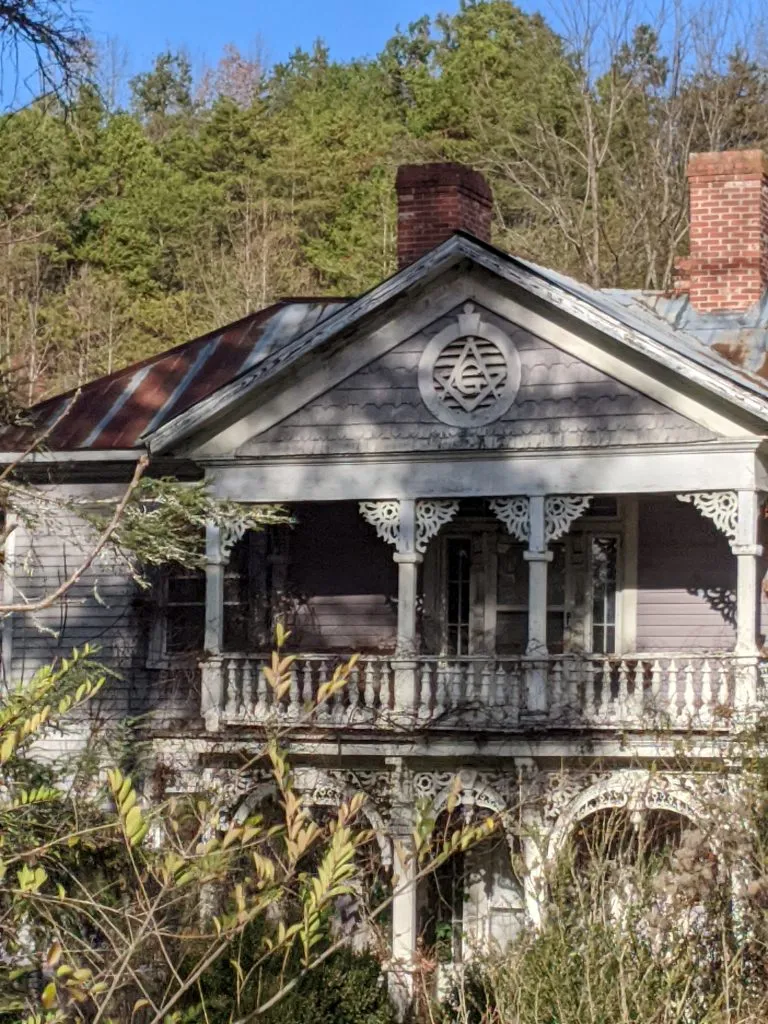
The Jeff White House, affectionately known as the ‘Gingerbread House,’ became a local Christmas tradition, adorned with festive decorations annually for many years. Jeff White, who tied the knot with Harriet L. Keith, was a father to eight children: Sallie, Alice, William R., J. Nichols, Caldona, Mollie, Sophronia, and John J. Notably, in 1888, their daughter Sophronia exchanged vows with Charlie Runion inside the house. Jeff White held significant public roles, serving as Clerk of Courts and Sheriff for Madison County from 1893 to 1900. Additionally, he held the position of Master of the French Broad Lodge, No. 292, adding to his community involvement and impact. The ‘Gingerbread House’ thus not only stood as a family home but also played a role in hosting cherished life events and community celebrations.
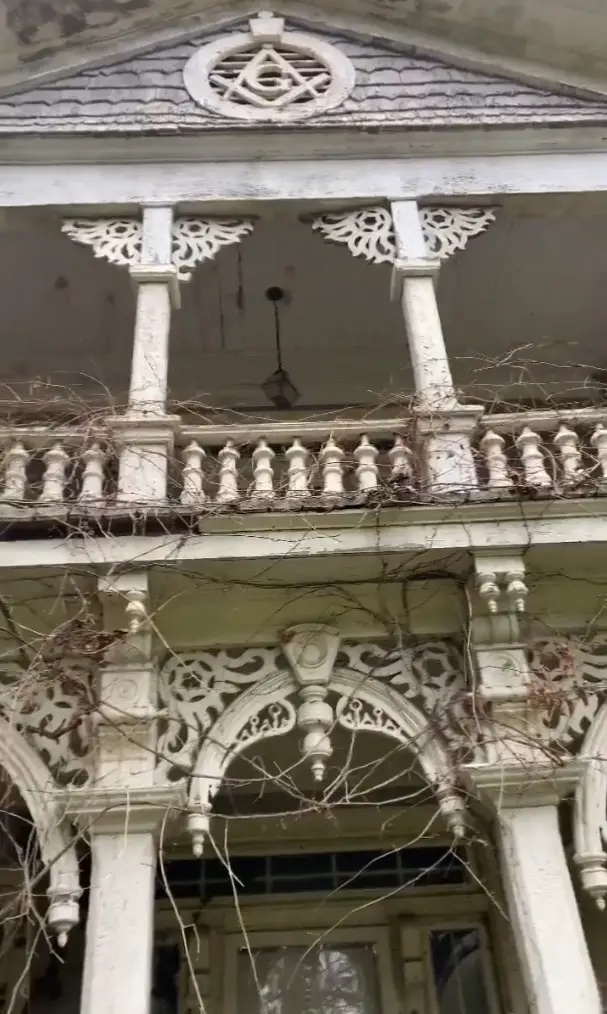
On May 13, 1901, Harriet White passed away in the house, and merely two weeks later, her husband Jeff also succumbed to death on May 31, 1901. The 143-acre tract underwent a significant change as it was sold at a public auction, leading to multiple transitions of ownership in the subsequent years. In the 1950s, the upstairs rooms underwent conversion into apartments, and with considerable effort from the owners, the home was cleaned up. During a brief period, it operated as a Bed & Breakfast.
Today, although the house itself is no longer inhabited, the property continues to be occupied. The ‘Gingerbread House’ stands as a historical relic, having witnessed a century of changes, transitions, and a variety of uses, each layer contributing to its unique and storied past.
